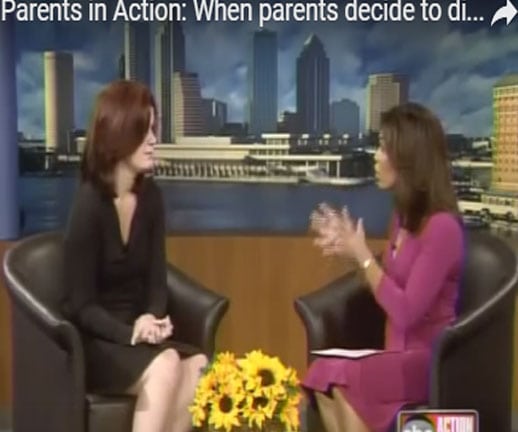TALK TO CHILDREN ABOUT DIVORCE

Speaking to your children about the decision to divorce is almost as difficult as the divorce itself. By being honest, keeping calm and choosing the right details to disclose with your children together with your spouse, you can help your children process how changes will occur more smoothly.
When and How
- The sooner, the better no matter what age.
- Talk to your children before any changes happen. You want to keep their trust that you will be open and honest with them with no surprises.
- Choose a good time that will not interfere with normal scheduled activities or events.
- Create a quiet and undisturbed environment- turn off your phones. Keep your schedule open during that day/evening in order to 100% address concerns and questions your children may have.
- If possible, talk to your children together with your spouse instead of one on one. If it is not possible to talk together, make sure to discuss the ground rules and storyline beforehand so you are on the same page and your children don’t hear conflicting stories.
- Remain calm, confident and in control. Children can read your body language and tone.
- Be prepared for your children to react emotionally. It’s OK for your child to become angry or upset.
What to Say
- Don’t speak negatively about your spouse to your children.
- Keep it simple. Speak in terms that your children are sure to understand.
- Explain the meaning of divorce, and what your children can expect to happen next. The more information you give them the more they will understand what is going on.
- Be prepared to answer their questions about their living arrangements, school, moving, scheduled activities and events or vacations and holiday arrangements.
- Talk about all the things that will stay the same so your children are not overwhelmed with change. Reassure that:
- It’s not their fault.
- They are loved by both parents always.
- They will still have everything they need.
- Don’t create false hope. Be realistic and honest.
- Don’t be defensive or apologetic.
How to Move Forward:
- Encourage communication and conversation.
- Answer honestly on any fears and concerns your children may have and keep them informed of new developments before change happens.
- Make sure you are always available to answer future questions or concerns they may have.
- Maintain you children’s daily routines as much as possible.
- Seek professional counseling if your children are having a hard time dealing with the divorce. They can guide you on how to handle situations.
- Take care of yourself. Your child can tell when you are stressed.